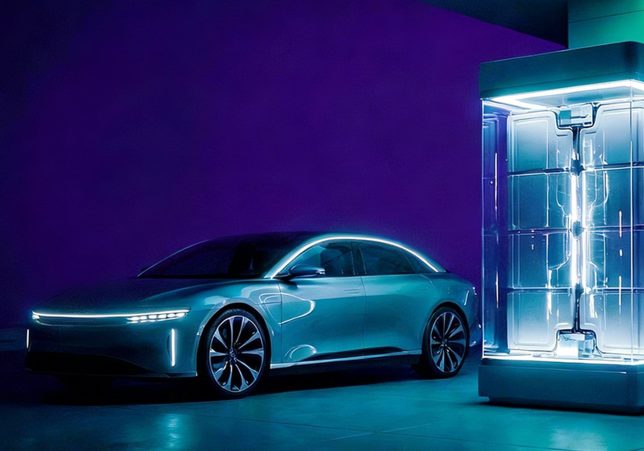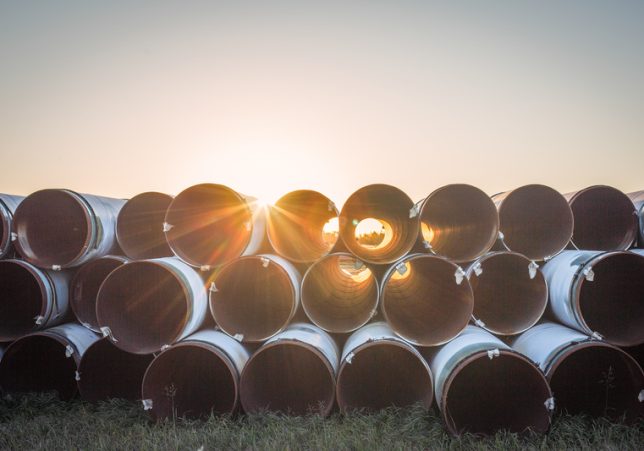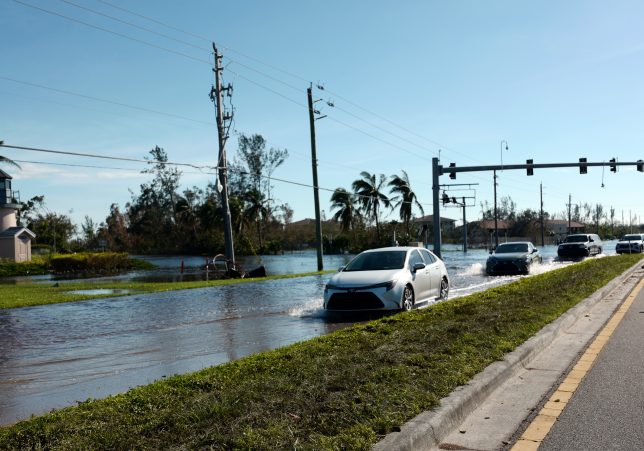Executive summary: Sustainable development will only happen if poverty is tackled and the environment is protected. It is a false dilemma to say that we either tackle poverty or we save the planet. ITDG and Greenpeace believe that poverty can be tackled without costing the Earth. Crucial to both is the rapid expansion of clean, sustainable and renewable energy.There is now a growing consensus amongst policy makers that energy is central to reducing poverty and hunger, improving health, increasing literacy and education and improving the lives of women and children.Some 1.6 billion people in the world, more than a quarter of humanity, have no access to electricity and 2.4 billion people rely on wood, charcoal or dung as their principal source of energy for cooking and heating. This fuel is literally killing people. Two and a half million women and children die each year from the indoor pollution from cooking fires.The poor face another threat, paradoxically because of the over consumption of energy. Industrialised countries’ excessive fossil fuel consumption is driving climate change, and the poor are bearing the brunt because poverty makes them the most vulnerable and least able to cope. Thousands have already died and millions more made homeless due to extreme weather events. The Intergovernmental Panel on Climate Change described Africa, the world’s poorest region, as “the continent most vulnerable to the impacts of projected change because widespread poverty limits adaptation capabilities”.The rapid expansion of clean and sustainable energy offers a win-win for the poor and the environment. For the poor, particularly the rural poor, without basic energy services, renewable energy is often the cheapest option. For industrialised countries a massive uptake of renewable energy will help to achieve the dramatic emissions cuts needed to avoid climate change. The growth of renewable energy is both necessary to provide energy services without choking the planet and to create the economies of scale necessary for a global expansion of renewable energy.This report reviews some international actions taking place to provide sustainable energy services to some of the world’s poor. Three countries, China, Peru and Mozambique, have been analysed to demonstrate how they are addressing access to energy. Examples are given of implementing energy initiatives, which demonstrate the clear role that sustainable and renewable energy technologies have in fulfilling the energy needs of poor people in these countries.The cost of getting energy to the world’s poor is not prohibitive. To light up the homes of 1.6 billion people with clean sustainable energy will cost in the region of US $9 billion a year for ten years. This compares with between US $250 and US $300 billion a year spent on subsidising fossil fuels and nuclear power.World leaders at the World Summit on Sustainable Development have a historic opportunity to face the greatest threat to our collective survival because of our unsustainable use of energy. They must decide to answer the needs of nearly two billion poor people who lack access to sustainable modern energy services and also to change the conventional energy development path of industrialised countries towards renewable technologies.
Num. pages: 65





